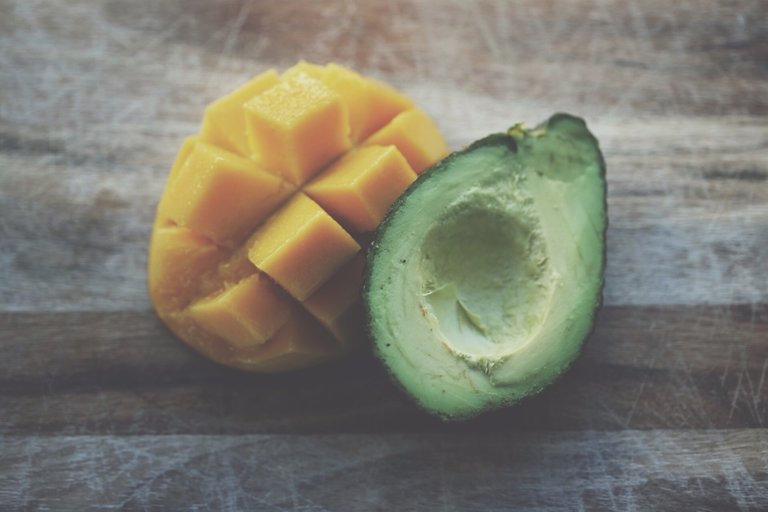
What kind of decision maker are you? According to this article from business.com, there are 5 types: 1) The gut-instinct follower, 2) The interviewer, 3) The exhaustive researcher, 4) The objective debater, and 5) The random chance submitter.
I’ve always been the exhaustive researcher. Ironically though, the most important decisions in my life have been made by instincts, which also makes me a gut-instinct follower.
What does that have to do with weight loss? One day while walking down the street I noticed pain in my knees. After years of ignored weight gain, it dawned on me that I may be obese. So, without a second thought, I joined a gym for the first time in my life.
Over the course of next year, a few things happened: I lost 20 KG. My body composition improved drastically. My knowledge on nutrition expanded a great deal, and most importantly self-confidence shot up.
The goal of this article is to share how I did it and hope that it will inspire others to embark on a similar journey.

The First 3 Months
At the start, I had very little knowledge of fitness and nutrition. So I did what most newbies do, I ran on a treadmill. Nutritionwise, I started choosing healthier foods. Mostly salads.
Three months into it I ended up losing 3 KG but gained more joint pains. Excessive cardio on a treadmill it turns out is very bad for the knees. I was doing it 5 days a week.
Running 5 days a week for 90 days for only 3 KG net loss. That is 233 grams per week. Was there a better way to lose weight?
Understanding Weight Loss and Energy Balance

How exactly does weight loss or weight gain occur? Here are two buzzwords for you: BMR & TDEE. Basal Metabolic Rate ( BMR ) is an estimate of the minimum amount of energy needed to sustain the body, even if we were to do absolutely nothing.
Total Daily Energy Expenditure ( TDEE ) is BMR plus other calories expended through physical activity each day. This includes walking, exercising, running, shopping, etc.
If an individual’s intake is greater than their daily TDEE they’re more likely to gain weight. Weight gain, simply put, is an accumulation of excess energy over some period of time. In most cases, it’s an indication of the lifestyle the individual leads. It’s also worthwhile to note that this may not be the case for some people. An underlying medical condition in combination with medications can also cause weight gain.
It also stands to reason that if someone’s intake is less than their TDEE, over a period of time, they’re likely to lose weight. This is also known as being in a caloric deficit.
Intermittent Fasting

Let’s take a step back and understand how most people structure their meals. There’s breakfast, lunch, and dinner with some form of snacking in between. In such a meal structure, energy is constantly being supplied to the body.
In Intermittent Fasting ( IF ), the first meal is pushed back towards the afternoon or evening. It is a precise protocol that prescribes how long to restrict food for. This restriction forces the body to find energy sources from within, notably glycogen stores, fat and muscle cells.
You might be asking what makes IF better than the traditional meal structure? Because it makes staying on a caloric deficit easier.
Strength Training

Staying in a caloric deficit comes with a few downsides like increased hunger, irritability, and mood swings. The biggest one is the risk of losing muscle mass.
A good weight loss plan should aim for maximizing fat loss while retaining as many muscles as possible. Apart from the obvious aesthetic benefits of looking muscular or toned, more muscles mean higher metabolism, which in turn leads to more fat loss.
What’s the best way to retain muscle mass, you ask?
Strength training - It involves using sufficiently heavy weights while performing compound exercises with the goal of putting on muscles, or at the least retaining them. Bench press, squats, and deadlifts are examples of compound exercises.
My Weight Loss Plan
To lose 20 KG in 1 Year, I had to do the following:
- 20 hours intermittent fasting 6 days a week
- 2 hours strength training 3 days a week
- Only one meal a day ( high-protein, medium-fat, low-carb )
- Refeed once a week ( moderate-protein, medium-fat, high-carb )
It's worthwhile stressing that this plan worked for me because I designed it based on my lifestyle and preferences. Much like financial planning, successful weight-loss planning hinges on consistency over a long period of time.
Nice post. Fasting is really good for the body and the spirit. People dont tend to realize it. I fast and im skinny just for the sake of detox. Great job with this accomplishment!
Thank you. Appreciate your kind words.
well done my friend I admire you..I need to lose 20 kg too..
Thank you.
Excellent Keep up the great work.